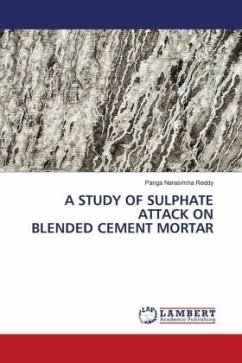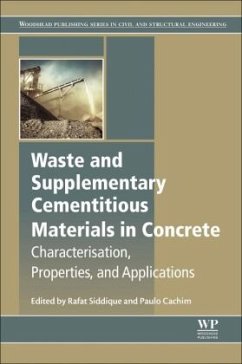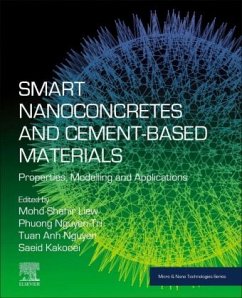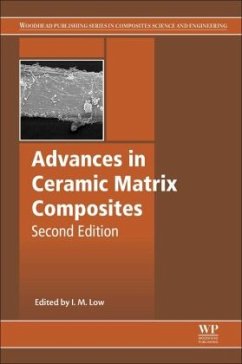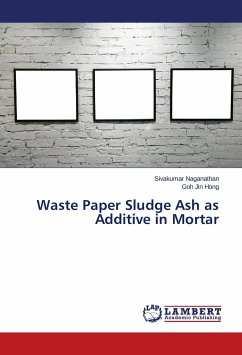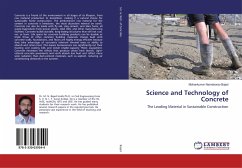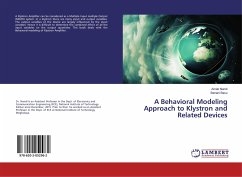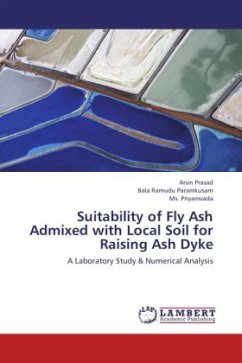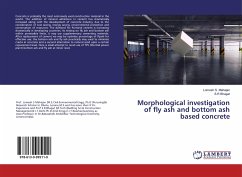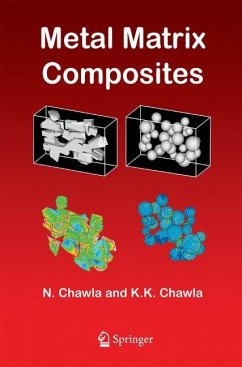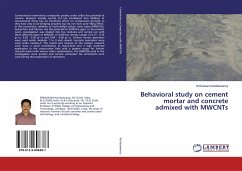
Behavioral study on cement mortar and concrete admixed with MWCNTs
Versandkostenfrei!
Versandfertig in 6-10 Tagen
34,99 €
inkl. MwSt.

PAYBACK Punkte
17 °P sammeln!
Conventional cementitious composites greatly under utilize the potential of cement. Research already carried out has established that addition of conventional fibres has no beneficial effect on compressive strength as they have only crack-bridging property but do not have pore filling effect. In this connection, addition of multi-walled carbon nano tubes (MWCNTs), being finer and fibrous, has the potential to fulfill the gaps. In the present work, investigation was divided into five modules and carried out with three different types of MWCNTs of different density ranges of 0.15 - 0.35 g/ cc, 0...
Conventional cementitious composites greatly under utilize the potential of cement. Research already carried out has established that addition of conventional fibres has no beneficial effect on compressive strength as they have only crack-bridging property but do not have pore filling effect. In this connection, addition of multi-walled carbon nano tubes (MWCNTs), being finer and fibrous, has the potential to fulfill the gaps. In the present work, investigation was divided into five modules and carried out with three different types of MWCNTs of different density ranges of 0.15 - 0.35 g/ cc, 0.20 - 0.35 g/ cc and 0.04 - 0.06 g/ cc. Cement mortar specimens were used under modules 1 to 4 and cement concrete specimens were used under module-5. The results and outputs of the present research work have a novel contribution at macro-level and a high potential application in the construction field with a greater scope for further research works with various other combinations. The MWCNTs used in the investigation were pristine and surface untreated. No surfactants were used during the preparation of specimens.



